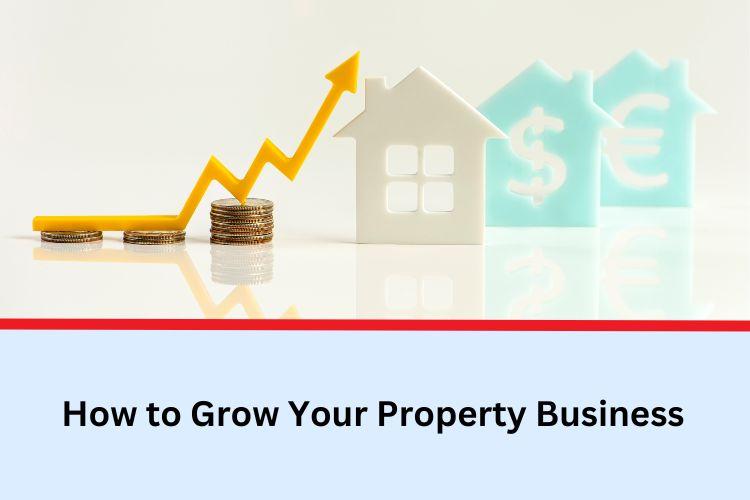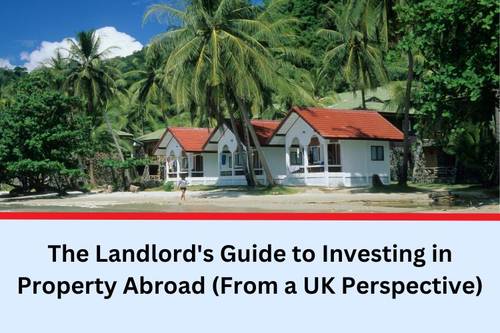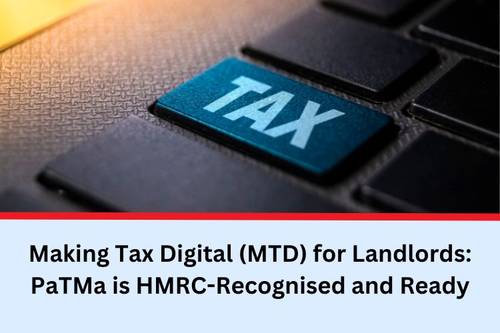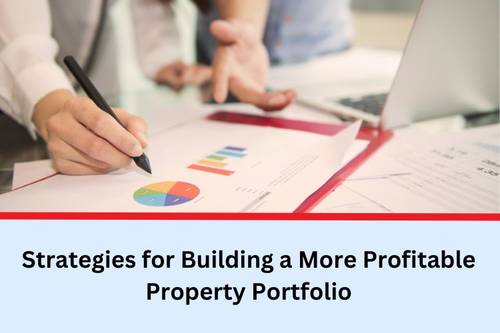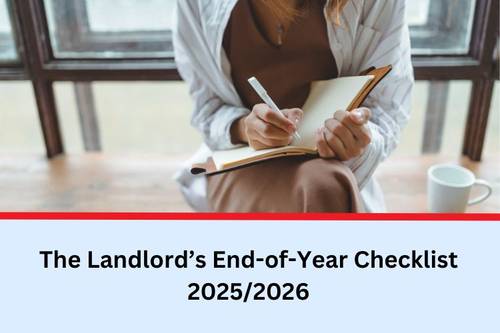Running a property business isn't just about collecting rent and calling yourself a landlord. If you're serious about turning your properties into a real business (and not just an expensive hobby), you've got to think like a business owner. That means understanding risk, planning for change, and not putting all your eggs in one investment basket.
Every successful business looks a bit different because people are different but there are some golden rules that apply across the board. Here's how to build a thriving property business that actually grows with you.
1. Let Your Data Do the Talking
You can’t make smart decisions if you’re flying blind. If you don’t know how much your business is making (or losing), what your rental yield is, or whether your recent rent increase scared off all the decent tenants, how are you supposed to grow?
Look at the numbers regularly. Track your income, your expenses, your occupancy rates and don’t just look at it once and forget it. Make it a habit. Data doesn’t lie, and if you listen to it, it’ll help you spot problems early and find opportunities before someone else snaps them up.
2. Do the Research. And Then Do Some More.
Yes, it’s boring. But if you skip the research, you’ll miss the gold. Market conditions change, local demand shifts, regulations get tighter (or looser), and suddenly that strategy you ruled out two years ago might be the perfect fit.
Don’t assume HMOs are too much hassle, or that your area doesn’t need short term lets. Check. Research is your best friend when you’re trying to future-proof your strategy. Ruling things out without checking is the fastest way to accidentally block your own growth.
3. No One Does It Alone (Not Even You)
Even the best property investors don’t have all the answers. The trick is to get advice from the right people, people who’ve actually done what you’re trying to do, not just those who shout the loudest online. Build your own tribe of experts, mentors, or even just peers who get it.
You don’t need to know everything. You just need to know where to go when you’re stuck.
4. Don’t Put All Your Buy-to-Lets in One Basket
If you only own one kind of property in one kind of area and rely on one kind of tenant... you’re basically one surprise regulation or economic downturn away from a total nightmare. Diversify.
You don’t have to buy ten properties to do this. You can explore HMOs, short lets, commercial units, joint ventures, property funds whatever fits your goals. Mixing it up helps balance the risk and smooth out the bumps.
5. Make a Plan And an Exit Plan
If you’re going to treat this like a business, you need a business plan. Even a rough one is better than nothing. Map out your goals, your timeline and your back-up if something flops.
And don’t forget to include an exit strategy. Are you planning to live off the rental income forever? Sell at a certain point? Pass the properties on to someone? The clearer your goal, the easier it is to make aligned decisions along the way.
6. Tenants Are Your Customers
Listen to your tenants. If they’re constantly saying the boiler’s rubbish or the rent’s too high, take it on board. You don’t have to do everything they say, but patterns in feedback can indicate issues that need dealing with.
Happy tenants stay longer, cause fewer problems, and recommend you as a landlord. They’re not just rent-payers, they’re the reason you have a business.
7. Know When It’s Time to Pivot
Sometimes things just aren’t working. That doesn’t mean you failed, it might just mean the market changed, your goals shifted, or your strategy didn’t fit.
Pivoting can be anything from switching to a new tenant demographic, converting a property, or changing how you manage your portfolio. But don’t do it on a whim. Make sure you’ve done the research, weighed the risks, and made a plan. Then act. Quickly. If you’ve decided it’s time to pivot, sitting in limbo won’t help anyone.
8. Never Stop Learning
Nobody gets into property knowing everything. And if you stop learning, you’ll get left behind. Luckily, we live in an age where knowledge is basically everywhere. Podcasts (like The Business of Property), YouTube channels, books, blogs they’re all goldmines.
You don’t need to spend a fortune. Most of it is free, and anything you do buy is probably tax-deductible anyway.
Running a successful property business doesn’t happen by accident. But it also doesn’t have to mean 80-hour weeks and spreadsheets up to your eyeballs. With the right mindset, some solid planning, and a willingness to learn and adapt, you can absolutely make it work.
